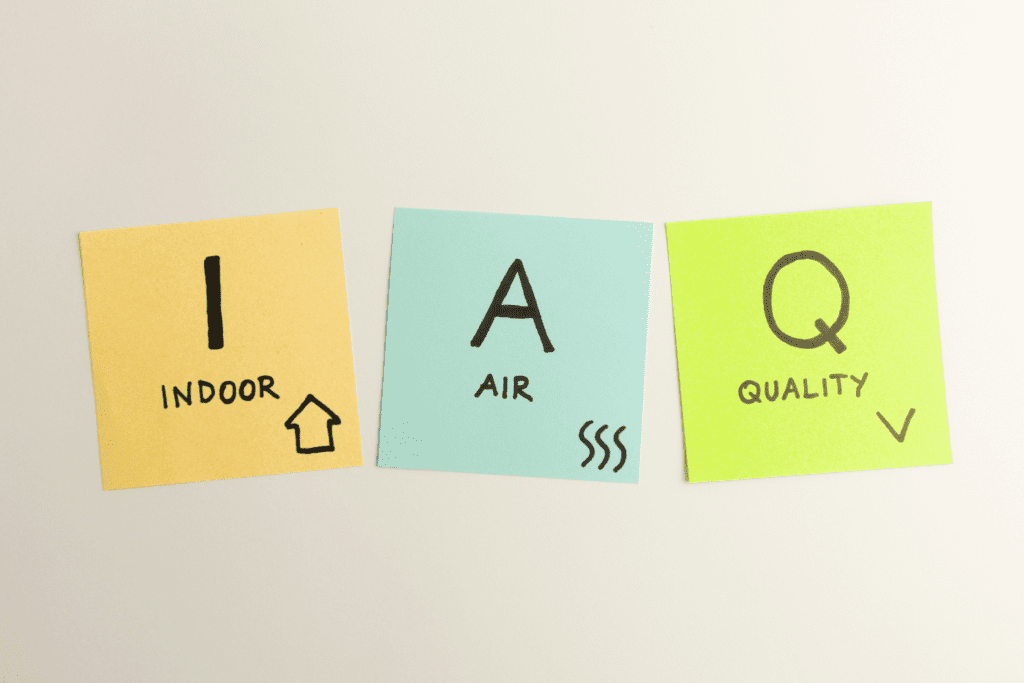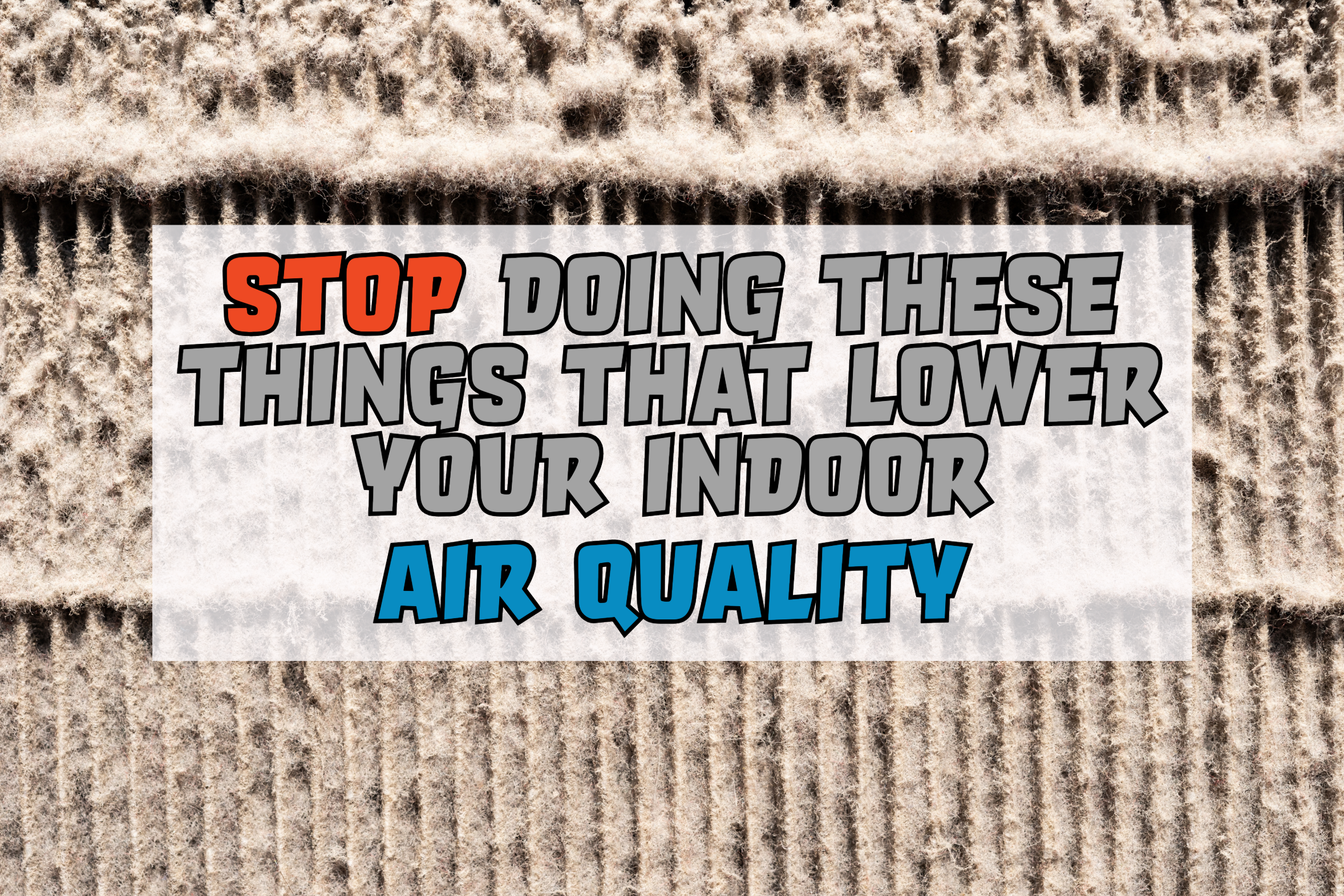It’s National Clean Air Month! This is the perfect moment for your Delaware Heating & Air experts to highlight the critical importance of indoor air quality (IAQ). Did you know indoor air can be up to five times more polluted than outdoor air? That’s often because the same air gets circulated over and over in your home without enough proper filtration or ventilation. Improving the air quality inside your home is vital since that’s where you spend most of your time.
Here Are Some Pollutants That Can Reduce Your Home’s Indoor Air Quality:
(Keep in mind that these include but are not limited to this list.)
- Dust
- Germs
- Viruses
- Mold and mildew
- Pet odors and dander
- Tobacco smoke
- Cooking odors
- Airborne chemicals
- Allergen
- Pollen
1. Stop Letting Your Air Filters Go Long Periods without Being Changed
It’s easy to forget tasks with so much on your plate, but one you shouldn’t ignore is changing your air filters regularly. Air filters are key to keeping the air inside your home clean by capturing dust, dirt, pollen, and other pollutants. Over time, as the filter gets clogged with particles, it can’t trap new ones as effectively. This can lower its efficiency and might even affect your health.
Instead:
Replace your air filters every 1-2 months. Doing so brings health and financial benefits. By regularly changing your air filters, you help to cut down on dust, dirt, and pollutants in the air.
2. Stop Letting Odors Accumulate and Stuff Up Your Home
Odor is a natural part of life and not something to be embarrassed about. Odors from cooking, pets, or household activities can accumulate and make your home feel stuffy, reducing the quality of indoor air. Another thing to bear in mind is that some odors, especially from strong cleaning chemicals, can also be harmful to breathe in.
Instead:
If you feel like you are constantly dealing with unwelcome odors or a stuff home, consider installing a whole-home air purifier like the iWave-R. It’s designed to work with your HVAC unit, using patented technology to clean the air, remove odors, and filter out harmful particles. The best part? It self-cleans, which means it requires minimal maintenance. In short, this means you get to enjoy improved air quality effortlessly, with just the initial installation needed.
OR
Another effective solution is to install UV lights. Perhaps you’ve heard about these before and wondered if they really help. They do! These lights are placed in your air ducts where they can perform their job silently and efficiently by zapping airborne pathogens as they pass by, neutralizing them on the spot before they spread throughout your home. Plus, the UV bulbs only need to be replaced every 2-3 years, making them another easy and convenient option!
3. Stop Letting Moisture Build Up and Overtake Your Home
Do you deal with high humidity levels in your home? It can be uncomfortable as well as not ideal for your health with the possibility of it leading to harsh respiratory issues. In addition, too much moisture in your home makes for the perfect place for mold and mildew to thrive. That’s never a good idea. It’s a vigilant move to always be on the lookout for signs of moisture such as water stains, musty smells, or window condensation.
Instead:
If your home is very humid, think about getting a whole-home dehumidifier. It connects with your HVAC system to withdraw the moisture from the air, making your home more comfortable to reside in, it helps stop mold growth, and overall boost your home’s air quality.

A happy, healthy home begins with clean, well-cared-for air! Gaining higher quality air in your home is achievable when you utilize the right tools. Don’t where to start? We’d love to answer any questions you may have and would feel honored at the opportunity to guide you on you indoor air quality journey. Don’t hesitate to give us a call!
Call Delaware Heating & Air today at (740) 227-8302, or schedule a heating or cooling repair appointment online now by clicking here!







